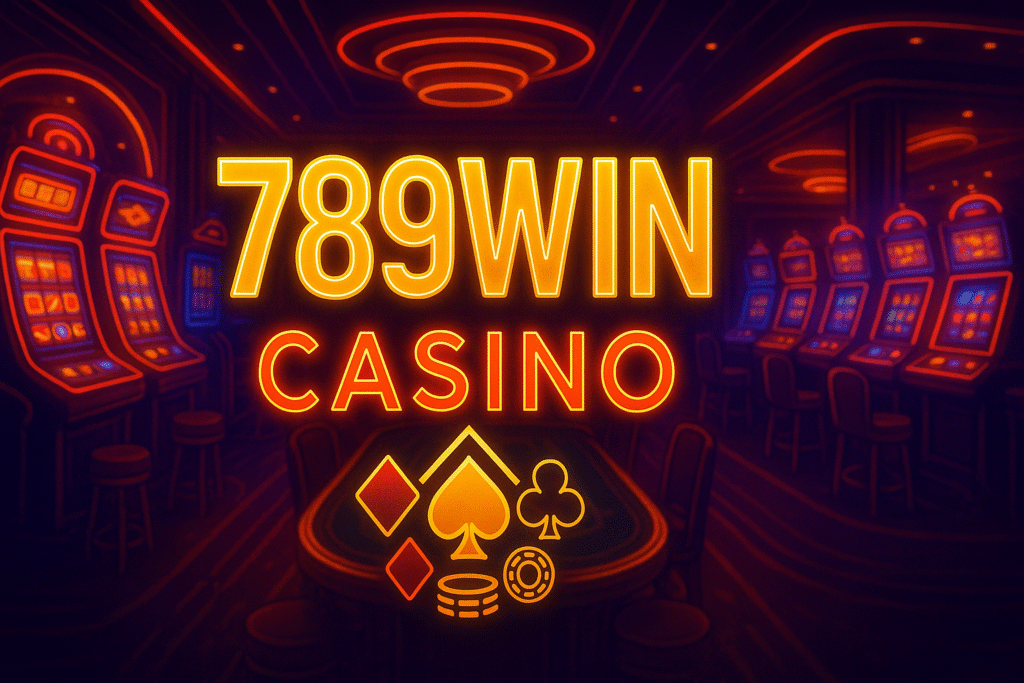
Casino games are designed to be thrilling, engaging, and often addictive. From the spin of a roulette wheel to the flashing lights of a slot machine, every aspect of the experience is carefully crafted to keep players entertained—and returning for more. Online platforms like https://789windl.club/ have brought these psychological strategies to the digital world, ensuring players are captivated not just by the potential for winnings, but by the experience itself.
The Role of Reward Systems
One of the primary psychological mechanisms Trang chủ 789WIN t play in casino games is the reward system. Casinos use a concept known as “intermittent reinforcement”—a schedule where rewards are given out unpredictably. This technique is highly effective in maintaining a player’s interest, as the uncertainty of a win keeps people engaged.
Slot machines are a prime example. Players may not win on every spin, but the occasional payout—no matter how small—triggers a dopamine release in the brain. This “feel-good” chemical encourages players to keep spinning, chasing the next rush of excitement.
Visual and Auditory Cues
Casino games are filled with sensory stimuli that enhance the experience. Bright colors, animated graphics, and upbeat music are all used to create a stimulating environment. These elements aren’t just for show—they play a direct role in influencing behavior.
The sounds of winning—coins dropping, celebratory music, flashing lights—are particularly powerful. Even small wins are often celebrated with grand visuals and sound effects, reinforcing the idea that the player is succeeding, even if their overall balance is decreasing.
Near-Miss Effect
The “near-miss” phenomenon is another psychological trick commonly used in casino games. A near miss occurs when a player comes very close to winning—like two matching symbols on a slot machine with the third just slightly off. This outcome can be more motivating than a complete loss, as it gives the illusion that a win is just around the corner.
Studies show that near misses activate the same areas of the brain as actual wins, making them a powerful tool for keeping players engaged. This illusion of control encourages continued play, especially in fast-paced games.
Gamification Elements
Online casinos often incorporate gamification elements to further engage users. These include point systems, level-ups, daily missions, leaderboards, and unlockable content. These features tap into the human desire for achievement and progress, making the gambling experience feel more like a video game.
Platforms that reward consistent play with bonuses, trophies, or status levels can increase player loyalty and time spent on the site. The pursuit of goals and milestones can sometimes overshadow the gambling itself.
Social Influence and Community
Human behavior is often influenced by social interaction, and casinos—online or land-based—leverage this to great effect. Live dealer games, multiplayer poker rooms, and chat features help foster a sense of community and camaraderie. Players may return not just to win money, but to socialize and be part of a group.
Leaderboards and shared achievements can also create a competitive environment, motivating players to climb the ranks or outperform their peers.
Illusion of Control
Another common psychological factor is the illusion of control. In games of chance, players often believe that they can influence the outcome through strategy or superstition. Whether it’s choosing “lucky” numbers in roulette or believing a slot machine is “due” for a win, this illusion gives players a sense of empowerment.
Even in games with purely random outcomes, the belief that one’s actions can change the result increases engagement and keeps people playing longer.
Conclusion
Casino games are as much about psychology as they are about luck or skill. Through carefully designed reward systems, sensory stimulation, and social interaction, they create an environment where players feel compelled to continue. Understanding these psychological drivers can help players make more informed decisions and enjoy gambling as a form of entertainment—rather than falling into unhealthy habits.